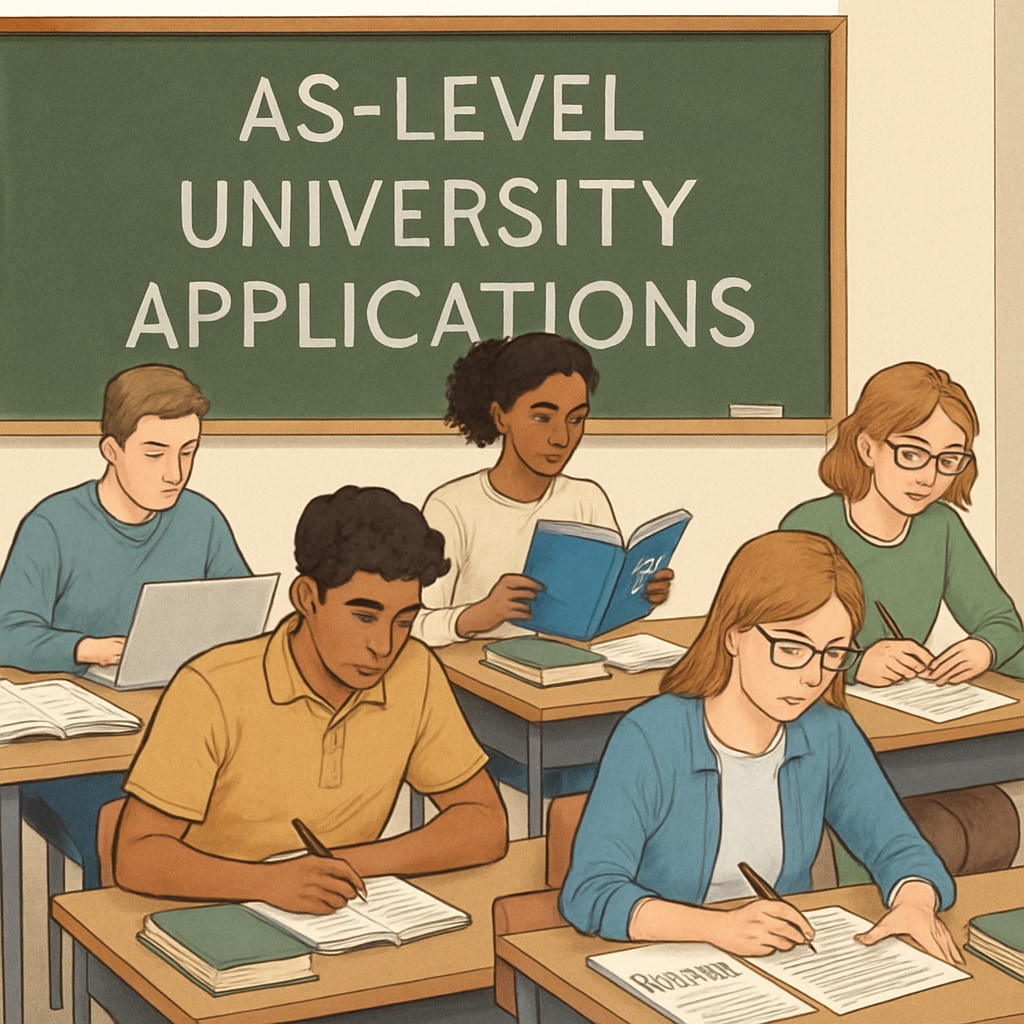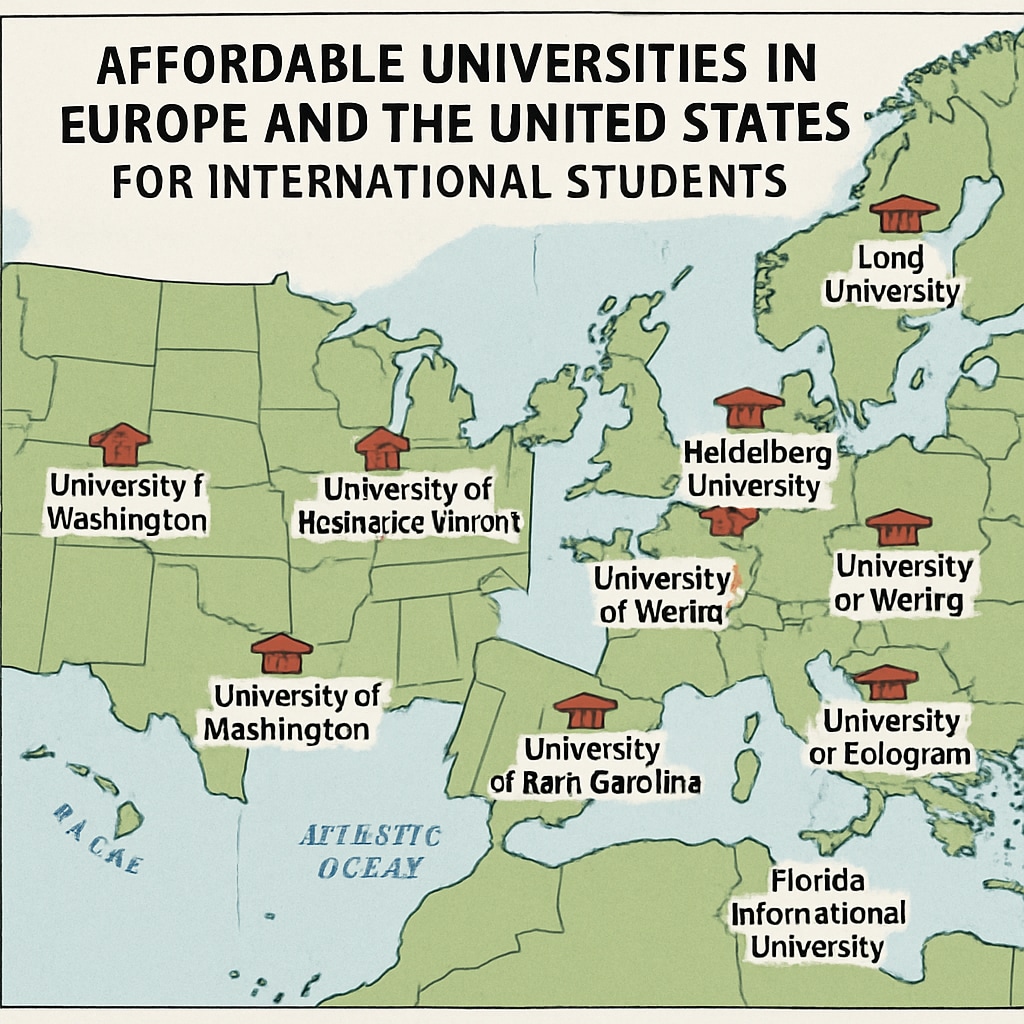Students with AS-level qualifications often face challenges in university admission due to academic requirements and financial constraints. However, with strategic planning, these obstacles can be overcome. This article provides practical advice on finding affordable university options, including alternative pathways, scholarship opportunities, and cost-effective institutions, ensuring that students can pursue higher education without compromising their financial stability.
Understanding AS-Level Qualifications and Their Impact on Admissions
AS-level qualifications, as part of the UK educational system, represent the first year of A-level studies and are often considered incomplete by universities demanding a full A-level certification. Nonetheless, many institutions accept AS-levels under specific conditions, such as supplementary qualifications or work experience. For example, vocational training or certifications like BTECs can complement AS-levels, broadening admission possibilities.

Cost-Effective University Options for AS-Level Students
Finding universities that align with a limited budget is crucial. Several institutions worldwide cater to international students with AS-level qualifications, offering affordable tuition and financial aid. For instance:
- Community Colleges: In countries like the United States, community colleges provide low-cost education and allow students to transfer to four-year universities later.
- European Universities: Countries such as Germany and Norway offer free or low-cost tuition for international students, with many programs taught in English.
- Online Universities: Platforms like the University of the People provide accredited degrees with minimal tuition fees.
These options not only reduce financial burdens but also offer flexibility to accommodate part-time jobs or internships while studying.

Maximizing Scholarship Opportunities
Scholarships play a pivotal role in alleviating tuition costs. Students with AS-level qualifications can explore merit-based, need-based, or region-specific scholarships. Key tips include:
- Apply Early: Many scholarships have strict deadlines, so proactive planning is essential.
- Tailor Applications: Customize essays and applications to highlight unique achievements or challenges overcome.
- Search Locally: Community organizations often provide smaller scholarships that collectively add up.
Websites like Scholarships.com and Study International serve as excellent resources for identifying funding opportunities globally.
Alternative Education Pathways
For students unable to meet traditional university requirements, alternative pathways offer viable solutions. Options include:
- Foundation Programs: Many universities offer one-year foundation courses to bridge academic gaps for AS-level students.
- Open Universities: Institutions like the Open University provide flexible learning opportunities without stringent entry requirements.
- Apprenticeships: Combining work experience with academic learning, apprenticeships can lead to professional qualifications and career advancement.
These pathways ensure that students can continue their education while gaining valuable skills and certifications.
Final Thoughts: Planning for Success
While AS-level qualifications and limited budgets may seem restrictive, a wealth of opportunities exists for determined students. By exploring cost-effective institutions, applying for scholarships, and considering alternative pathways, students can successfully navigate their higher education journey. Strategic planning and resourcefulness are key to breaking barriers and achieving academic and career goals.
For students and families facing such challenges, it’s crucial to remain informed and proactive in seeking solutions. With the right approach, higher education can become an attainable reality, regardless of financial limitations.
Readability guidance: This article uses short paragraphs, clear transitions, and lists to enhance readability. Passive voice and long sentences are minimized to ensure concise and engaging content.


